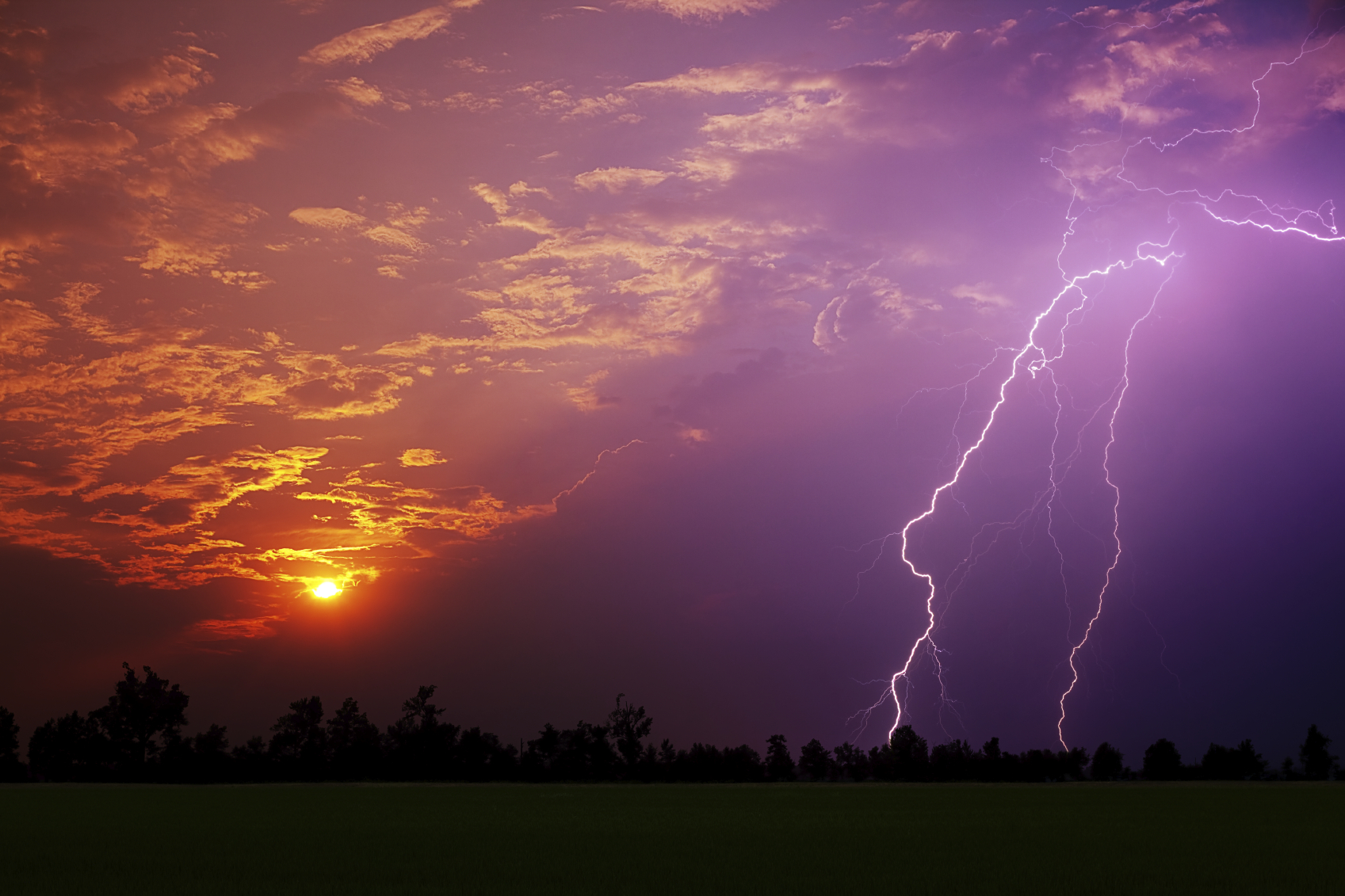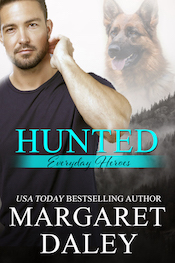So you’ve got that idea that sparks your interest and you need to take that seed and make it into a story that will hold a reader’s interest for hundreds of pages. EEK! That is plain scary. You might think: What if I get halfway through and I find out I don’t have a story? I’ve wasted my time. I will say here that isn’t true even if that happens to you because every book we write (or even part of one) we learn from it. I have several books that I wrote when I began over twenty-six years ago that will never come out from under my bed (okay, the floor of my closet). But I learned a lot while writing them.
What we want to try to prevent, however, is that happening with the idea you are starting next. That’s where planning and brainstorming comes in. We will first start with brainstorming. I love to brainstorm. It’s fun and it gives you a chance to think outside the box. I’m fortunate to have two critique groups who are a wonderful bunch of writers whom I’ve known for a long time. When I start a book, I sometimes run what I have by them to get their input. We start throwing out ideas that come from my original one. Some of them are farfetched and wouldn’t work. Others plant a seed in my mind that I take and begin to develop into a plot.
Brainstorming can be done at any time in your story–not just at the beginning. Say you have run into a problem with a scene or a part of your plot. If you have someone to bounce ideas around with, that is great. What brainstorming gets me to do is to think about my story in different ways. I love the what if part of brainstorming. What if your hero does this instead of that? What if you turn your scene around and show it from the heroine’s point of view?
There are some ground rules you should establish when brainstorming with others. No idea thrown out isn’t worth considering. People who are brainstorming shouldn’t be made to feel what they say won’t be taken seriously. You should never laugh at what someone has genuinely offered as an idea. For this to really work you need to trust each other.
Some of you might say I don’t know a writer to brainstorm with. Brainstorming doesn’t have to be with another writer. I’ve gotten some suggestions from my husband and friends before. I even interviewed a captain of homicide for one of my books, and she began throwing out ideas of how I could work a certain scene. Talk about exciting! I was thrilled to get her input.
I brainstorm face to face most of the time, but that doesn’t have to be the case. If you are a member of a writer’s group, you might find someone in that group who will be willing to brainstorm with you. It is a two way street and you can end up helping her, too. You can brainstorm with someone you’ve gotten to know online. It’s not as easy as face to face but it still can be effective. I’ve known writers to create a chat room to do some brainstorming or to have a yahoo group and decide a certain time to be online. If there’s a will, there’s a way.
One last comment about brainstorming, you can always brainstorm with yourself. I often do that. I like playing the what if game with myself, changing things around in my mind and seeing where they lead me. To me brainstorming is vital to my story. It is my thinking stage, and I often do it for weeks before I start writing. Does anyone have comments on brainstorming? Have you done it? Any problems?



